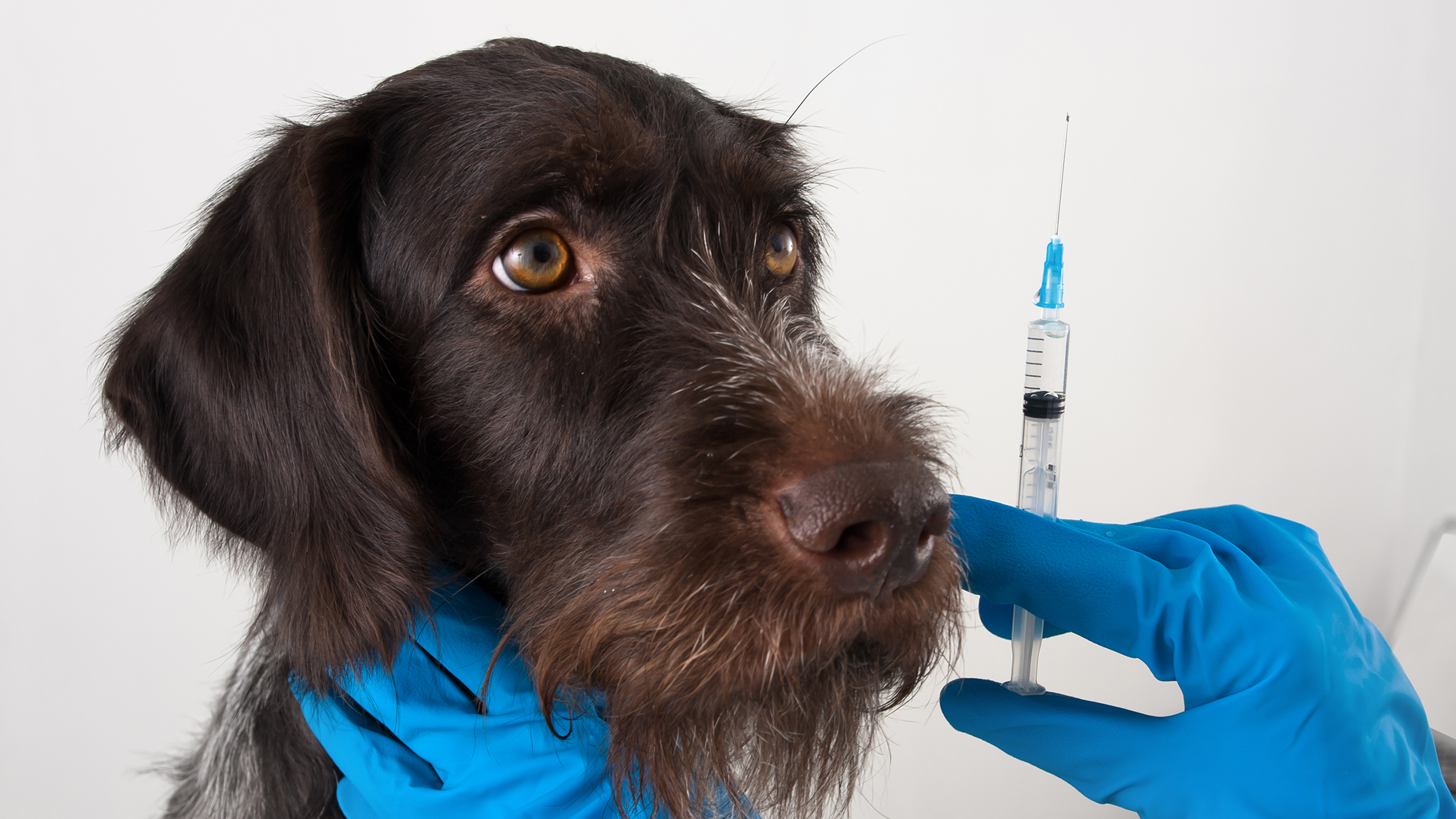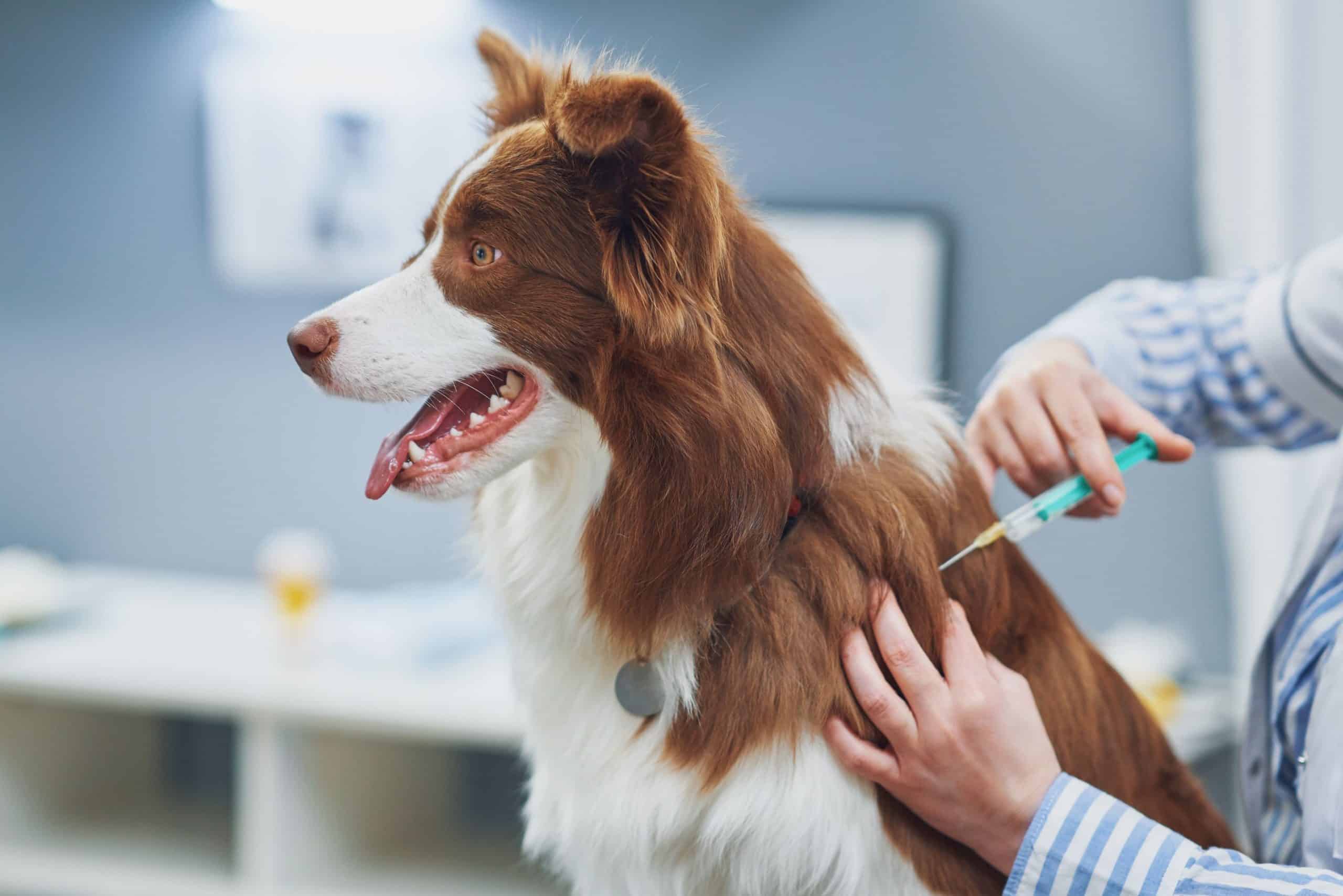In the picturesque regions of New England, where nature blooms in abundance, a silent threat looms large over our beloved canine companions. Leptospirosis, a severe bacterial infection, poses a significant risk to dogs, particularly during the moist seasons of spring and fall.
Emmanuelle Butty, a seasoned veterinarian and assistant clinical professor at Cummings School of Veterinary Medicine at Tufts University, has voiced a strong warning to dog owners about this potentially fatal illness.

Leptospirosis is transmitted through bacteria known as leptospira, which thrive in wet environments and can infect dogs when they consume water from contaminated sources like puddles or lakes.
The symptoms of this illness are alarmingly diverse, ranging from fever and vomiting to severe abdominal pain and depression. “It’s heartbreaking when we see these cases,” Butty stated, emphasizing the tragic reality that many affected pets are those not vaccinated against the disease.
That’s a wrap on our free vaccination clinic. Our team officially vaccinated 500 dogs for distemper, leptospirosis, rabies, & parvovirus + distributed 1500 lbs of free pet food!! Thank you to all who came out & helped make this possible. #vaccinate #satostrong pic.twitter.com/R8IL58ChP6
— TheSatoProject (@TheSatoProject) May 1, 2021
The Lifesaving Role of Vaccination and Treatment of Dogs
Despite the grim outlook for untreated cases, there is a beacon of hope. Vaccination remains the most effective defense against leptospirosis. Butty highlighted the critical importance of immunization, noting, “We have a good way to prevent the disease and to prevent the most severe cases of the disease, and that is the vaccine.”
The vaccine not only prevents the illness but also mitigates the severity of the disease, should an immunized dog contract it.

For dogs that do contract leptospirosis, antibiotics have proven effective in most cases, and for more severe conditions involving kidney problems, dialysis has been a lifesaver. A recent study in the Journal of Veterinary Internal Medicine, which Butty contributed to, documented that dialysis successfully rescued 16 out of 22 pets suffering from kidney complications due to leptospirosis.
“All of them would have died without dialysis because their kidneys were completely shut down,” Butty explained, underscoring the potential for recovery with timely medical intervention.
However, it’s not just about survival.
The quality of life post-recovery can be significantly impacted, especially if the disease has affected multiple organs. Dialysis, while life-saving, is an expensive treatment and may leave pets with chronic kidney disease, reducing their lifespan and overall health.
Seasonal Risks and Preventative Measures
Dog owners in New England and other regions prone to wet conditions are urged to be particularly vigilant during the riskier times of the year. Preventative measures go beyond vaccination; maintaining control over where your dog drinks and avoiding areas known to be high-risk can substantially decrease the likelihood of infection.
Butty’s call to action is clear and urgent: “I’ll take the vaccine reaction any day over ending up on dialysis because of complete kidney failure,” a sentiment that captures the crucial choice dog owners face in safeguarding their pets against this dangerous illness.
In a world where our furry friends depend entirely on our knowledge and actions to stay healthy, understanding and preventing leptospirosis is not just a recommendation—it’s a responsibility. Dog owners are encouraged to consult with their veterinarians about the leptospirosis vaccine and to ensure their pets are protected year-round from this serious threat.










